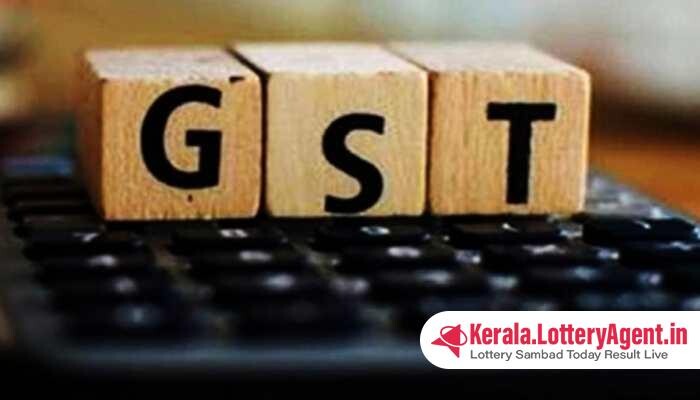
New Delhi: In a significant wave of resistance against goods and services tax (GST) assessments, a host of India’s large-scale companies are preparing to challenge GST demand notices by appealing to the Appellate Authority. Notably, these legal actions are being pursued in response to a spate of GST notices, many of which stem from allegations of input tax credit (ITC) discrepancies.
One of the firms facing the heat is ICICI Lombard General Insurance Company Limited, which has disclosed the receipt of a demand order from the Hyderabad GST Commissionerate’s Additional Commissioner, Customs & Central Tax. The notice slaps the company with a GST demand of Rs 14,786,059 and parallelly imposes a penalty amounting to Rs 1,478,606. The order cites issues with the computation of ITC and tax liabilities undischarged due to discrepancies in returns filed by the company. Not one to acquiesce, ICICI Lombard is adamant about contesting the order through an appeal and is currently evaluating other potential legal counteractions.
In another instance, telecommunications entity Vodafone Idea acknowledged an order under the Central Goods and Services Tax Act of 2017. The order confirmed a penalty of Rs 14,82,096, in addition to the underlying tax demand and accrued interest, as per the relevant regulations. The contentious point leading to the issuance of the order was the alleged inappropriate availment and subsequent utilization of excessive ITC for the fiscal year 2018-19. Vodafone Idea has expressed disagreement with the findings and is poised to pursue appropriate rectifying or reversing measures.
Textiles veteran Bombay Dyeing also found itself in the crosshairs with an order from the Excise and Taxation Officer in Gurugram, demanding Rs 95,68,375. Reasons cited include mismatches in claimed ITC between the company’s accounts and GST portal data, inadequate tax payments in GSTR-3B filings, and disparities in tax payments under the Reverse Charge Mechanism (RCM) when checked against GSTR2A and GSTR-3B. Unconvinced by the order’s rationale, Bombay Dyeing plans to file an appeal, holding firm to its position that its ITC claims are in full compliance with prevailing law and insisting there is no substantive impact on the firm’s financial operations.
Another company on the defensive is HDFC Life Insurance. It received a GST order concerning the erstwhile Exide Life Insurance Company Limited, stemming from the Deputy Commissioner State Tax, Dehradun. The insurer stressed that the order is not expected to materially influence its financial activities and has revealed intentions to mount a challenge before the Appellate Authority.
Furthermore, Rallis India, a component of the prestigious Tata group, reported its reception of not one but four unfavourable orders from the Joint Commissioner of Sales Tax (Appeals) based in Nagpur. These orders, rejecting the company’s appeals regarding the categorization of business activities, collectively resulted in a financial toll of around Rs 5.01 crore, including interest and penalties, under the Bombay Sales Tax Act and the Central Sales Tax Act for financial years 1999-2000 and 2000-2001. Undeterred, the company stated its plan to appeal against these orders, relying on the soundness of the matters at hand, legal counsel, and an anticipation of positive outcomes from higher authorities.
These incidents exemplify the melting pot of impending legal entanglements between the Indian tax authorities and corporate entities. Even with varying financial implications, the essence of each dispute is a shared sentiment of discrepancy in tax assessments and a robust intent to seek justice through the appellate system. The apparent surge in notices and subsequent disagreement indicates an increasingly contentious environment in the realm of Indian taxation, affirming that both sides stand firm on their respective interpretations of the tax law. The ensuing period is poised for a series of elaborate legal processes, potentially leading to landmark decisions that could shape future GST compliance and enforcement strategies.












